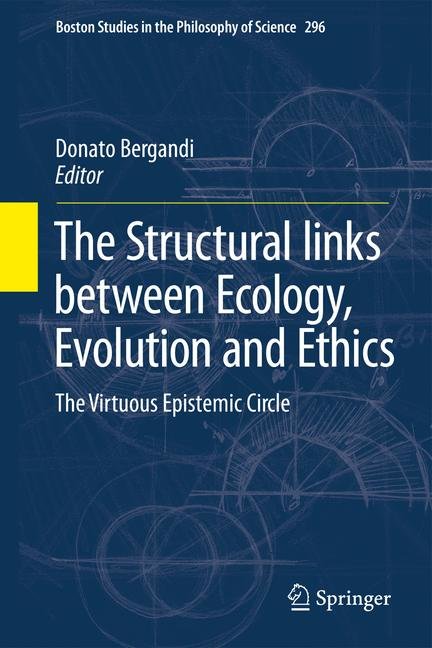Evolutionary biology, ecology and ethics: at first glance, three different objects of research, three different worldviews and three different scientific communities. In reality, there are both structural and historical links between these disciplines. First, some topics are obviously common across the board. Second, the emerging need for environmental policy management has gradually but radically changed the relationship between these disciplines. Over the last decades in particular, there has emerged a need for an interconnecting meta-paradigm that integrates more strictly evolutionary studies, biodiversity studies and the ethical frameworks that are most appropriate for allowing a lasting co-evolution between natural and social systems. Today such a need is more than a mere luxury, it is an epistemological and practical necessity.â



